March Madness is in the "Air"
Marketing lessons learned from a Basketball movie
This blog was written by Amanda Thompson, the President of Setup. Amanda has dedicated her career to transforming marketing education programs, building social business strategies, and spearheading communications efforts for established brands like Coca-Cola, Starbucks, BIC, The Home Depot, and Michaels Stores. Her passion for people and storytelling makes marketing a logical fit, but Amanda also loves all things operations and streamlining work. She cares deeply about creating and maintaining a nurturing work environment for staff, clients, and partners, and loves providing insights to help Marketers grow.
It’s that time again…March Madness. Growing up, our household was all about college basketball. It was the Memphis State (now University of Memphis) Tigers for us – we had season tickets and went to games regularly. I recall a Final Four appearance for the 1984-85 season where it felt like the entire city of Memphis was caught up in supporting our team for March Madness. I’ll never forget March Madness that year, and the collective city-wide excitement that our Tigers were in the Final Four. When I went off to college at the University of Virginia, our basketball team was pretty good, and I went to a ton of games. It’s quite an experience when your team hits that amazing shot or comes from behind to win, and there are literally thousands of other passionate fans experiencing the same elation as you.
I grew up to have a career in Marketing. And while I still enjoy college basketball and submit a March Madness bracket every year, it’s not as much of a passion these days. But Marketing is a current passion – I love seeing how Brands operate and advertise and engage consumers. I love working with advertising agencies that come up with incredibly creative campaign concepts, and then put those cool ideas into the world to see how actual people react. To see if those ideas can translate into growth for the Brand.
Last year, the movie Air came out. Air brings together these two passions of mine – basketball and Marketing – by telling the story of how Nike got college junior Michael Jordan to sign with them as he was set to begin his rookie year for the Chicago Bulls. The movie, set in 1984, tracks how this improbable deal came to be.
In 1984, not only were the Memphis State Tigers making their way to the Final Four in my world, but Michael Jordan was a junior at the University of North Carolina, and had made the decision to go pro rather than stay another year in college. The film opens by setting some context about what was happening in 1984. MTV. Slinkies. Jane Fonda workouts. Mary Lou Retton at the Olympics. Prince Harry’s birth. Run DMC. “Where’s the beef?” Wendy’s commercials. $1.11 per gallon gas prices. Cabbage Patch dolls. VHS and cassette tapes. Ghostbusters. The Rubik’s Cube. Apple’s Macintosh commercial. The A-Team. Wow, what a year! In terms of the basketball sneaker corporate world, Nike only had 17% of the market share, while Converse led with 54% and Adidas held steady at 29%. It may be hard to believe today, but the Nike basketball sneaker department was hanging on by a shoe lace, struggling to make any headway against Converse and Adidas.
Sonny Vaccaro (played by Matt Damon), Nike Basketball Talent Scout, is the film’s main character, and he travels the country to watch and discover high school and college basketball talent that Nike can utilize (I think of Sonny’s role here as the equivalent to today’s Marketer searching TikTok and Instagram to find the perfect influencer to represent their brand). Sonny is a passionate basketball fan, and he is a gambler by nature. He knows the sport, and is determined to help Nike break through.
At the time, Michael Jordan was a good player, and he had been signed by the Bulls for the upcoming season. But he was not the best college player. He was not drafted #1. There were several other big names that were splashier and flashier than he was at the time. But Michael believed he would be the greatest, and so did his mother, Deloris Jordan (played by Viola Davis). And we watch how Sonny realizes the same thing by watching tapes of Jordan play over and over again. It’s not just that he’s a great player – he’s relaxed, confident, comfortable and driven. A fierce competitor. And Sonny gets a feeling like he’s never had before – a feeling that Jordan was going to be “the one.” The greatest of all time.
What happens from here in Air is a sheer delight. Sonny begins an extremely unpopular campaign inside of Nike to sign Jordan, even though Jordan has already decided that he will go with Adidas. Adidas was hot in pop culture at the time – showing up in street culture, on rappers in videos, etc. And Adidas was all that Jordan wore at the time. Nobody at Nike believed they could even get Jordan to consider them, but Sonny was going to give it his all with this effort. And he proceeded to exhibit some important qualities that Marketers can take note of and emulate.
Hustle.
Sonny was a hustler more than anything else.
He did everything he could to make his idea come to fruition. He believed in his gut instinct. He believed in Michael Jordan. In this life and in the corporate world, we must be proactive to make things happen. He broke rules. He persisted. He made people angry, and he risked his own job as well as those of his colleagues. He visited Jordan’s mother, circumventing Jordan’s agent, in an incredibly ballsy move, and it worked. Sonny is the epitome of “hustle” in this movie, and it’s inspiring to watch. Too many of us in corporate life worry about breaking rules, or worry about even just rocking the boat. I hope young Marketers today watch this film and get a spark to be a hustler. To take initiative. To see through good ideas and gut instincts. To do what it takes.
Network.
Sonny leveraged his personal network.
At one point while he’s sorting out how to approach getting Jordan, he hops a flight to LA to see an old friend who happened to be George Raveling (played by Marlon Wayans) – Assistant Coach of the US Olympic Men’s Basketball team that Jordan played on. George tells Sonny that Jordan doesn’t like Nike and isn’t interested at all in their shoes, and that he doesn’t even want to take a meeting with Nike. He also reveals that Jordan’s mother Deloris really runs the show in terms of Jordan’s business career – that she is the key. And truly, this insight becomes the key to Sonny’s approach and ultimately the key to how Sonny wins Deloris and Michael Jordan over to the idea of signing with Nike. At the end of the film, they reveal that Jordan never would have signed with Nike without the buy-in and encouragement of George. And George never would have championed Nike if he hadn’t been friends with Sonny for years prior to that meeting. We never know when an old friend will come in clutch for some initiative we’re leading. Networking isn’t one way – we must be willing to help others throughout our lives and careers. If we do our part to help our network when we can, it’s much more likely that our network will come through for us when we need them.
Risk.
Sonny wanted to spend the entire Nike Basketball Marketing budget for the year on one player, Michael Jordan. To sign nobody else. To put all the eggs in one basket.
Nike couldn’t afford Jordan otherwise (based on the offers he had from both Adidas and Converse). It was a daunting task to convince the executives at Nike that this was the move. And by pursuing this gut feeling, and disrupting how things had always been done previously, he also was putting the jobs of the entire Nike Basketball division on the line. If they went all in for Jordan, and didn’t get him, the Basketball division would literally be caught on the sidelines for the coming year, and would lose the small market share they had. It was a huge gamble, even for a known gambler. But Sonny didn’t take this lightly – he seems to do every single thing in his power to not just take this risk, but to follow through and succeed. We all know the lesson to be true – no risk, no reward.
Teamwork.
Once Sonny applies his hustle and the Jordans agree to visit Nike headquarters in Beaverton, Oregon, we get to see some really great old-fashioned teamwork at play - and not just on the court.
Sonny worked with Howard White (played by Chris Tucker), VP Nike Basketball Athlete Relations, to better understand the culture and connect with the Jordan family. He worked with Phil Knight (played by Ben Affleck), Nike CEO, to share the vision and get his critical buy-in and initial begrudging support. He worked with (and around) Jordan’s agent David Falk (played by Chris Messina) to play the game of “let’s make a deal.” He collaborated closely with Rob Strasser (played by Jason Bateman), VP Marketing of Nike Basketball, to come up with the Marketing approach and land the plane. Sonny and Rob worked with Pete Moore, the shoe designer, to create the original Air Jordan.
Innovation.
For the first time ever, Pete, with Sonny and Rob’s help and support, designed the shoe as a manifestation of the athlete (Michael Jordan) vs. the company (Nike). This shoe WAS Michael Jordan.
They made it mostly red (despite NBA rules to make them white) to stand out, to represent Jordan’s future Bulls, and to be different, unique, standout, subversive, individualistic. Like Jordan. (Or “Like Mike” as the Gatorade commercials touted later in his career.) Innovation can be key to a brand’s success. Can we even imagine what Nike would be today without the incredible Air Jordan line? (No!)
Disruption.
In advertising and marketing, we talk about disruptor brands – brands that don’t play by the rules, that stray from the norm and push boundaries in pursuit of business areas not yet conquered.
Contemporary examples include Netflix, Uber and Airbnb. In this movie, we see the birth of a new business model at Nike that disrupts how the entire industry worked. Deloris Jordan says they will sign with Nike on one condition – that Michael Jordan receive a percentage of the revenue for every Air Jordan shoe ever sold, then and into the future. She says, “A shoe is just a shoe, until my son steps into it.” Initially, Sonny is crushed. He explains that’s not how the industry works. He apologizes that he can’t make that happen. And he goes back to Phil Knight to share that they’ve lost Jordan because of this request. Phil says “F*** it. We should do it…You’re remembered for the rules you break – close the deal.” That’s the CEO of Nike right then and there deciding to make such a bet on Michael Jordan that he’s willing to disrupt the industry and give the athlete a percentage of sales.
Results.
Nike’s Basketball division did not shut down.
Air Jordans made $162M in its first year. The most a single shoe had made in a year previously was around $3M.
The Air Jordan brand now represents $4B in revenue annually.
Michael Jordan makes approximately $400M a year in passive income from the Air Jordan brand.
Bonus Branding result: After one year of production of Air Jordans, Pete Moore designed a new logo that persists 40 years later as an instantly recognizable mark for the Air Jordan brand – the image of Michael Jordan soaring through the air with a basketball.
Thanks for reading along about Air and the Marketing and business themes that resonated with me throughout the film. As you watch March Madness this year, think about the brands that associate and advertise with college basketball. Notice the shoes. Notice the sponsors. And be inspired by Sonny to do something meaningful in your life and career – it isn’t for the weak. Show some hustle. Leverage your network. Be a team player. Innovate. Disrupt. And get those key results!
If you enjoyed this content, and want to learn more about the Marketing Industry, including interviews with marketing leaders, subscribe below!



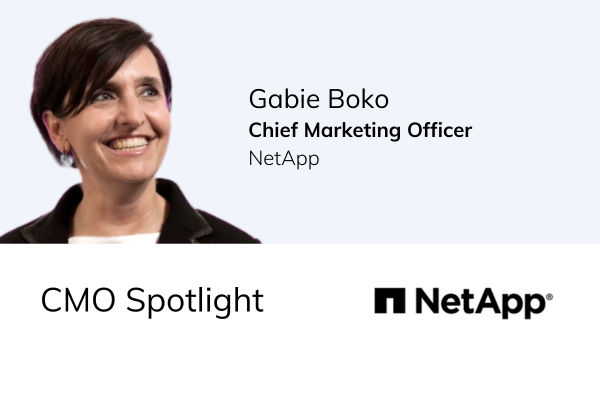
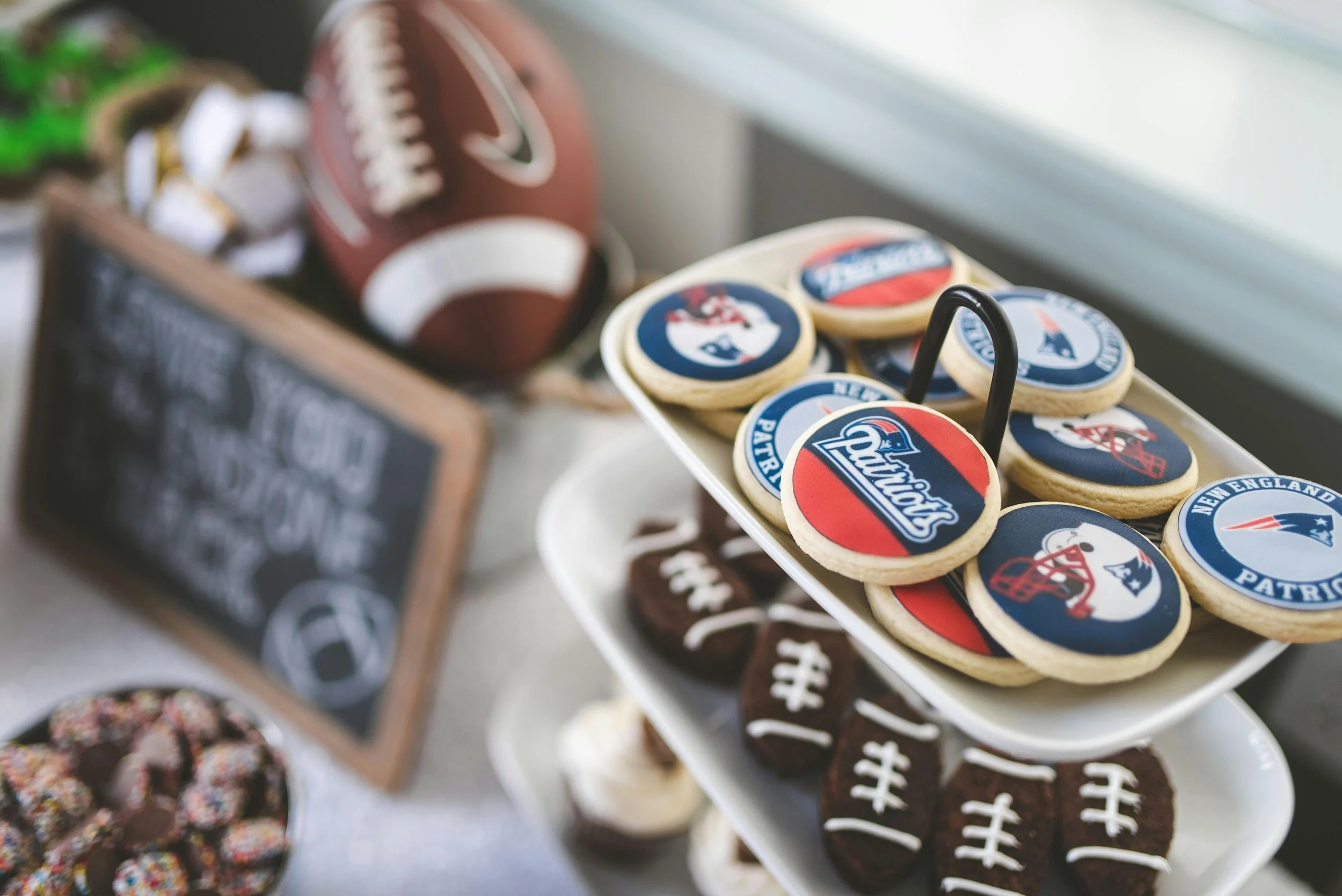

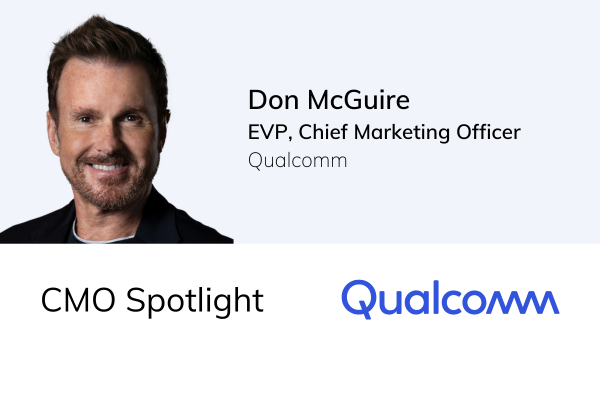

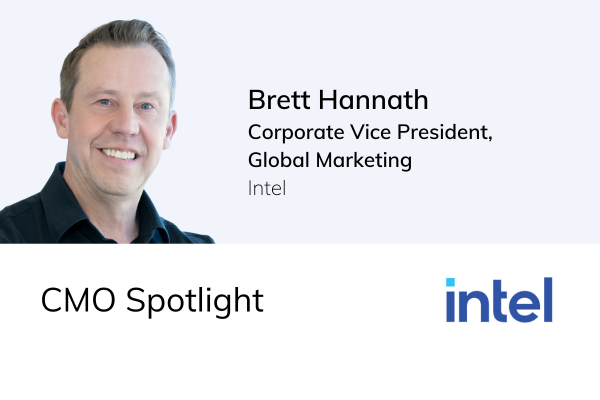









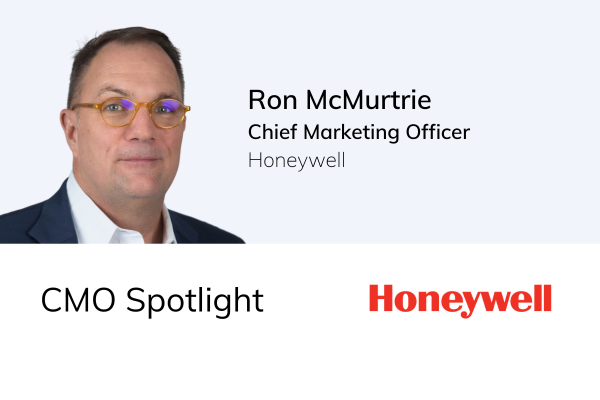












In the last six years, we’ve surveyed thousands of brands and agencies about their relationships. Each year, the data tells the story that brands want a partner they can rely on, but finding that partner often is difficult, expensive, and time consuming.
Read what brands are looking for in the perfect agency partner.